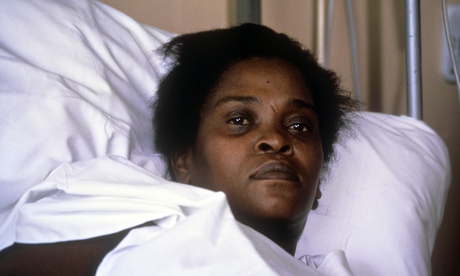Operation Herne’s Third Decoy
Once again Operation Herne – the police’s self-investigation into the political secret police units – proves its irrelevance.
After the admission earlier this year that police spied on the Stephen Lawrence family campaign, the new report, the third from the Herne team, concedes that for at least 20 years police gathered intelligence on 18 more families who had justice campaigns for their loved ones, including Jean Charles de Menezes and Cherry Groce.
The report (PDF here) plainly says this had no operational purpose in preventing crime. Clearly, then, it is about undermining people who might embarrass the police by exposing what they have done.
The report’s author, Chief Constable Mick Creedon, claims that the intelligence was not searched for, it was incidentally gathered by officers infiltrating other campaigns and then kept for no particular reason. This accident happened to one campaign after another over a span of decades. He acknowledges that even he knows this is an unlikely explanation, admitting it ‘must seem inexplicable’.
Equally implausibly, he says that it appears the Special Demonstration Squad were just amassing information and there is no solid documented evidence of sending infiltrators into the families.
Firstly, much of the secret police’s information was never written down. Secondly, a great deal of the material that did make it onto paper has been shredded. Indeed Creedon concedes that, had proper procedures been followed, the evidence of spying on the families would have been shredded.
It leaves a simple question – why would the infiltrator unit be gathering information on people who weren’t targets for infiltration?
The whistleblower Special Demonstration Squad officer Peter Francis has described his infiltration of justice campaigns. After his revelations, police threatened him with prosecution under the Official Secrets Act. Most of the information is not on paper, only in the minds of the people who did it. The truth can only come out if former officers are compelled to give evidence under oath without fear of self-incrimination.
We know that these 18 families are not the only ones. It also raises the question of how many other bereaved families seeking justice have been spied on. Police have already released details of their surveillance of on Janet Alder whose brother was unlawfully killed by police officers. Several Hillsborough families are certain they were spied on. When it’s happening on this scale over such a prolonged period it’s hard to see it as anything other than an active policy.
For Operation Herne to once again rely solely on what surviving papers it can find proves that it is little more than a police damage control exercise, admitting a few of the smaller outrages in order to shore up the denial of the larger ones. The forthcoming public inquiry is clearly a more serious and rigorous proposition. The public inquiry supercedes Herne, leaving it without any purpose apart from perpetuating the extra injustice of focusing on reputation protection instead of facing the facts.

